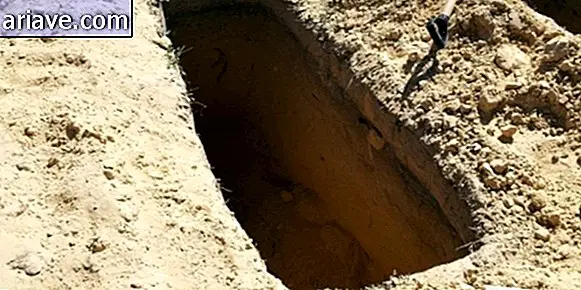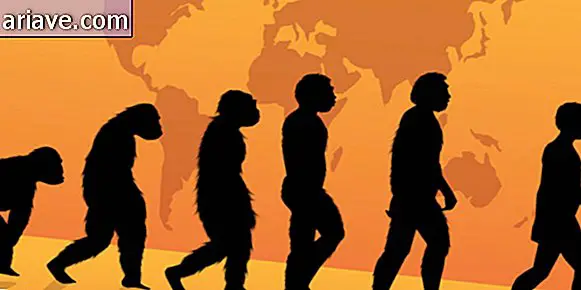Potentially habitable exoplanet found very close to Earth
The search for new planets that could potentially harbor life forms does not stop and, after a lot of very promising discoveries in recent years, it seems that astronomers have been able to identify one of these worlds very close to us. More precisely, the candidate is only 4.25 light years away from Earth - which, in astronomical terms, is just a short hop from here.
According to Matt Williams of the Universe Today portal, the exoplanet is in orbit around a star called Proxima Centauri, a red dwarf located in the Centaur constellation. The discovery has not yet been officially announced, but would have been made by astronomers of the European Southern Observatory (ESO) recently.
Promising Neighborhood
According to Williams, Proxima Centauri - which astronomers believe to be part of a trinary system also composed of the stars Alpha Centauri A and B - is the closest star to Earth. The exoplanet, for its part, has not yet been formally baptized, but if its discovery is confirmed, it will become the nearest potentially habitable planet known to us so far.

And that is not all! Unlike the other exoplanets that have been discovered so far - and are far from Earth - the short distance that separates us from the world orbiting the Proxima Centauri means that it could possibly be explored by us Earthlings in just one period. generation.
Going back to the next Centauri, as we explained earlier, she is a red dwarf - that is, a class of less bright stars, smaller than our Sun and making up about 80 percent of the stars in the Milky Way. For, according to ESO astronomers, a recent survey has revealed that there is a possibility that billions of rocky planets orbit within the habitable zones of all these stars.
At the moment, ESO astronomers have declined to confirm or deny rumors about the discovery of the exoplanet, but several sources said observatory personnel were expected to make an official announcement during August. So until then, we have no choice but to wait for more information.











